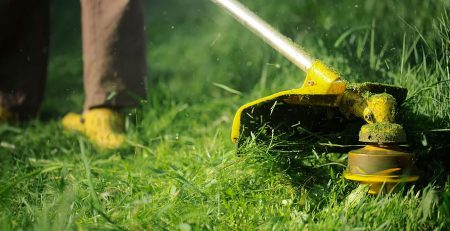The Benefits of Using Local Plants in Your Garden
Local plants are like the friendly neighbors of the plant world. They’ve been growing in the area for a long time and know exactly how to survive there. When we include these plants in our gardens, it’s not just good for nature—it’s also a smart choice for making our gardens better.
Water Less:
One significant advantage of local plants is that they don’t need as much water once they’ve settled into your garden. They’re used to the local weather, so they can handle dry spells better. This means less time spent watering, which is good for saving water and for saving you time and money.
Friendly to Local Animals
Another wonderful thing about local plants is that they provide homes and food for local animals like birds, bees, and butterflies. By planting these plants, you’re giving these creatures a helping hand and making your garden a lively place buzzing with activity. Viewing animals in your garden only adds to the beauty.
Stop Evasive Species
Humans often times mean well, but they introduce invasive species by planting a non-local plant that could overtake not just their yard, but others as well and kill out other natural species. So if you do introduce a new plant in your garden, please make sure it is non-evasive for your area.
Regional Biodiversity
Moreover, local plants contribute to the preservation of regional biodiversity. By cultivating native species, gardeners help safeguard the genetic diversity of indigenous flora, which is crucial for ecosystem resilience and adaptation to environmental changes. This proactive approach to biodiversity conservation ensures the continued health and vitality of our natural landscapes.
So, the next time you’re planning your garden, consider using local plants. Not only will you be helping the environment by supporting native species, but you’ll also be creating a more sustainable and enjoyable garden for yourself and your community to enjoy.





